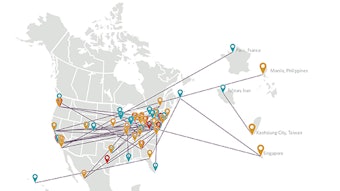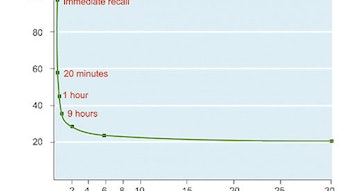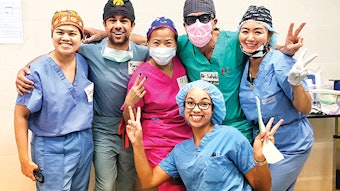International Guest of Honor: Taiwan Head and Neck Society – Combatting Head and Neck Cancer in Taiwan
Taiwan, with a population of 23.5 million, is in Far Eastern Asia. Despite the similar spoken language and proximity to China, Taiwan has been a separate and independent political entity for more than 50 years. The Taiwanese are liberal-minded, hospitable, and have their own distinct disease pattern.
Li-Jen Liao, MD, Secretary General, and Pei-Jen Lou, MD, President
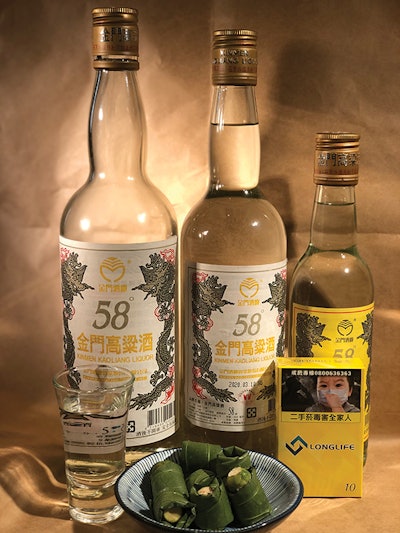 Picture 1: Local specialty Kaoliang (sorghum liquor) with 58% alcohol by volume, betel nuts, and cigarettes
Picture 1: Local specialty Kaoliang (sorghum liquor) with 58% alcohol by volume, betel nuts, and cigarettes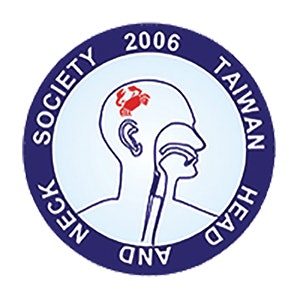
Taiwan, with a population of 23.5 million, is in Far Eastern Asia. Despite the similar spoken language and proximity to China, Taiwan has been a separate and independent political entity for more than 50 years. The Taiwanese are liberal-minded, hospitable, and have their own distinct disease pattern.
Alcohol drinking, betel nut chewing, cigarette smoking, and human papillomavirus (HPV) all contribute to head and neck cancer. Due to the consumption of betel nuts, cigarettes, and alcohol, Taiwan has a high incidence of head and neck cancer. Habits and exposures unique to Taiwan include the local specialty Kaoliang (sorghum liquor) with 58% alcohol by volume, millet wine with 15% alcohol by volume, and chewing betel nuts. These are effectively euphoric but may be carcinogenic for head and neck cancer (Picture 1). According to our observation, the incidence of HPV-related oropharyngeal cancer is increasing.
With the aim of improving public health, the Taiwan Head and Neck Society (THNS) was established in 2006. It was founded by Professor Sheng-Po Hao, MD, the first chair of the board, and joined by physicians committed to the research, education, and treatment of head and neck cancer in Taiwan. Since then, the number of members has increased from 94 to more than 500. The society strives to enhance the understanding of head and neck tumors in the domestic medical community, to encourage the clinical and basic research of head and neck tumors, and to promote the nation’s health through academic exchanges. The society’s mission is to promote the research and development of prevention, screening, treatment, follow-up, and support systems in basic clinical research for head and neck tumors. Most importantly, the society aims to encourage and consolidate friendship among colleagues.
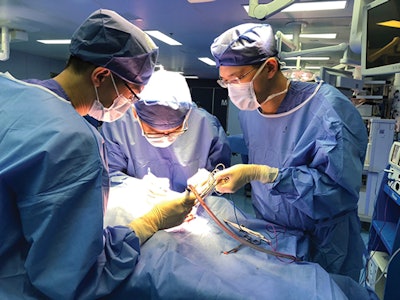 Picture 2: Live swine head and neck surgery training course for residents
Picture 2: Live swine head and neck surgery training course for residentsThe society holds an annual society meeting (although this year’s meeting is postponed due to the COVID-19 pandemic) and has held seminars and workshops with several international societies in the field of head and neck, including the American Academy of Otolaryngology–Head and Neck Surgery Foundation, Japan Head and Neck Society, and Korea Head and Neck Society. We also held a joint society meeting with Hong Kong and Singapore in 2019. We have hosted education courses, including the head and neck dissection and hands-on cadaver workshops in Hualien, Taiwan; live swine head and neck surgery training course for residents in Shanghai, China (Picture 2); and head and neck ultrasound training courses. In addition we invite and match international fellow surgeons for training in the field of head and neck surgery in Taiwan.
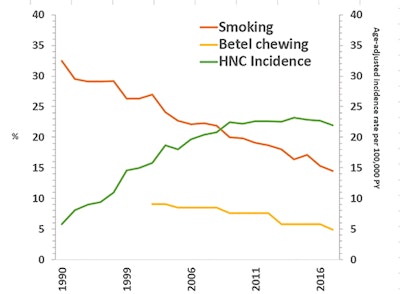 Figure 3: Trend of cigarette smoking, betel nut chewing, and incidence of head and neck cancer in Taiwan
Figure 3: Trend of cigarette smoking, betel nut chewing, and incidence of head and neck cancer in TaiwanIn the past decades, THNS and the people of Taiwan have succeeded to establish multidisciplinary management teams of head and neck. Microscopic reconstruction surgeries are routinely operated in all medical centers. Due to the promotion of healthy habits, the prevalence of cigarette smoking and betel nut chewing in the general population is gradually decreasing. We launched the oral mucosa screening program in 2004, which continues today. Through these advancements and efforts, the incidence of head and neck cancer has plateaued and appears to be decreasing in recent years (Figure 3).
Despite these accomplishments, we need to continue to work hard in basic research, patient survivorship, and life quality improvement. The society is ready to join the international community in the field of head and neck and welcome clinicians and researchers in this field to visit Taiwan.

